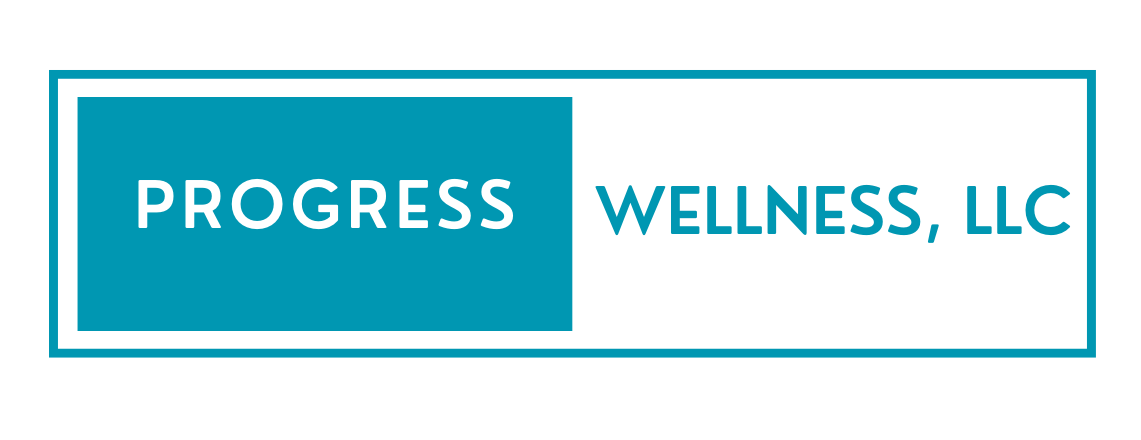On an average day, “should” statements can motivate us. “I should do my laundry tonight so I have underwear for tomorrow,” or “I should fill up my car with gas so I don’t run out on the drive home tonight.”
But when we are anxious, the word “should” becomes paralyzing.
Have you ever noticed your internal dialogue when you are feeling anxious? If not, next time you are feeling anxiety, see if you can observe your thoughts and catch a “should” statement. “I should be able to write this email perfectly,” or “I should be able to get started and I just can’t do it,” or “I should be able to balance everything on my schedule right now.”
When we ‘’should” ourselves, we judge ourselves based on false assumptions. We assume everyone else is having an easier time, that everyone else would be better or faster at whatever task we are doing in that moment, or that we have to do something in a certain way in order to get it done.
Perhaps you happen to be surrounded by people who enjoy writing and the process of struggling through it, or you’re often around friends who feel comfortable asking people out on dates, or you know people who are legitimately having an easier time doing the same work. But there are more people in your boat than you think.
For many people, “should” stops being helpful when it stops being motivational and is instead followed by some type of expectation. This shift is often triggered by anxiety.
When this happens, I always ask my clients, “Does this statement make you feel good?” I have to say, I can’t remember a time when someone told me that, in their state of anxiety, a “should” statement made them feel good and inspired or got them motivated. If anything, these statements make people feel conflicted or even paralyzed.
So how do we kick these unwanted “should” statements to the curb?
The first step is to catch the “should” statement when it goes through your mind. Notice how you are talking to yourself when you are in a negative emotional state. Then, if you catch a “should” statement, try to soften in with the word “prefer.”
What would you prefer to do? Would you prefer to study, or go on that date, or do something on your own? Would you prefer to get your paperwork done, or take a break and tackle it tomorrow?
Each choice has a consequence, and that’s OK. The choice depends on what feels best for you.
Asking ourselves what we “prefer” to do instead of what we “should” be doing gives us options to choose from and allows us to move away from assumed and sometimes unrealistic expectations. Preference can give you an opportunity to pause and think, “What do I want? What is the best decision for me right now?”
Using “prefer” vs. “should” softens the negative thought and can, therefore help shift your mood and get you moving again.
Next time you are feeling overwhelmed or anxious, see if you can stop for a minute and observe your thoughts. If you catch a “should” statement, see if you can change it into “prefer” instead.
Want more tips? Sign up for our here.


